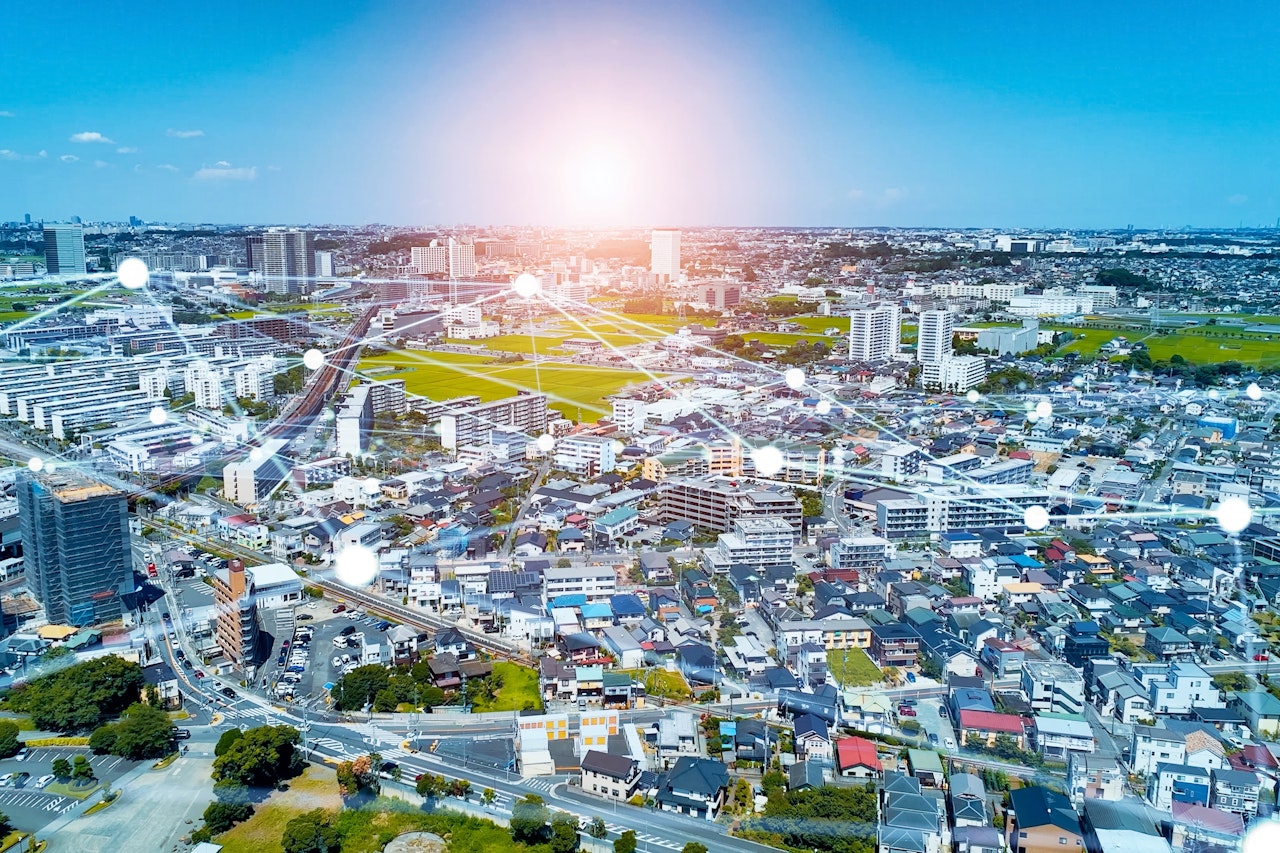The Evolution of Energy Efficiency Policy to Support Clean Energy Transitions

About this report
Governments, businesses and citizens around the globe are facing the challenge of climate change and how to accelerate global clean energy transitions to reach net zero emissions by 2050 at the latest. Central to reducing energy-related emissions are the move away from fossil fuel use to electrified systems; significant and sustained improvements in energy efficiency; and an increase in renewable electricity generation capacity.
Japan’s Ministry of Economy, Trade and Industry, as part of Japan’s Presidency of the G7, asked the International Energy Agency (IEA) to examine the evolution of energy efficiency policy in the context of the clean energy transitions. This acted to support discussions among G7 countries to provide insights and direction for the G7 energy and climate agenda.
This report reflects the findings of these discussions, and uses them as a basis for guiding policy makers towards the development of policies to hasten the delivery of the energy system required for clean energy transitions. The challenge is considerable but, as this report demonstrates, governments have already begun the process of transforming their energy efficiency policies to address it.
The report outlines the ways in which energy efficiency polices can develop to incorporate flexibility and engagement levers and provides insights into policy developments in major economies, with examples in three main sectors:
- Demand flexibility in appliances and buildings
- Vehicle fuel economy standards
- Industrial energy and carbon reporting.